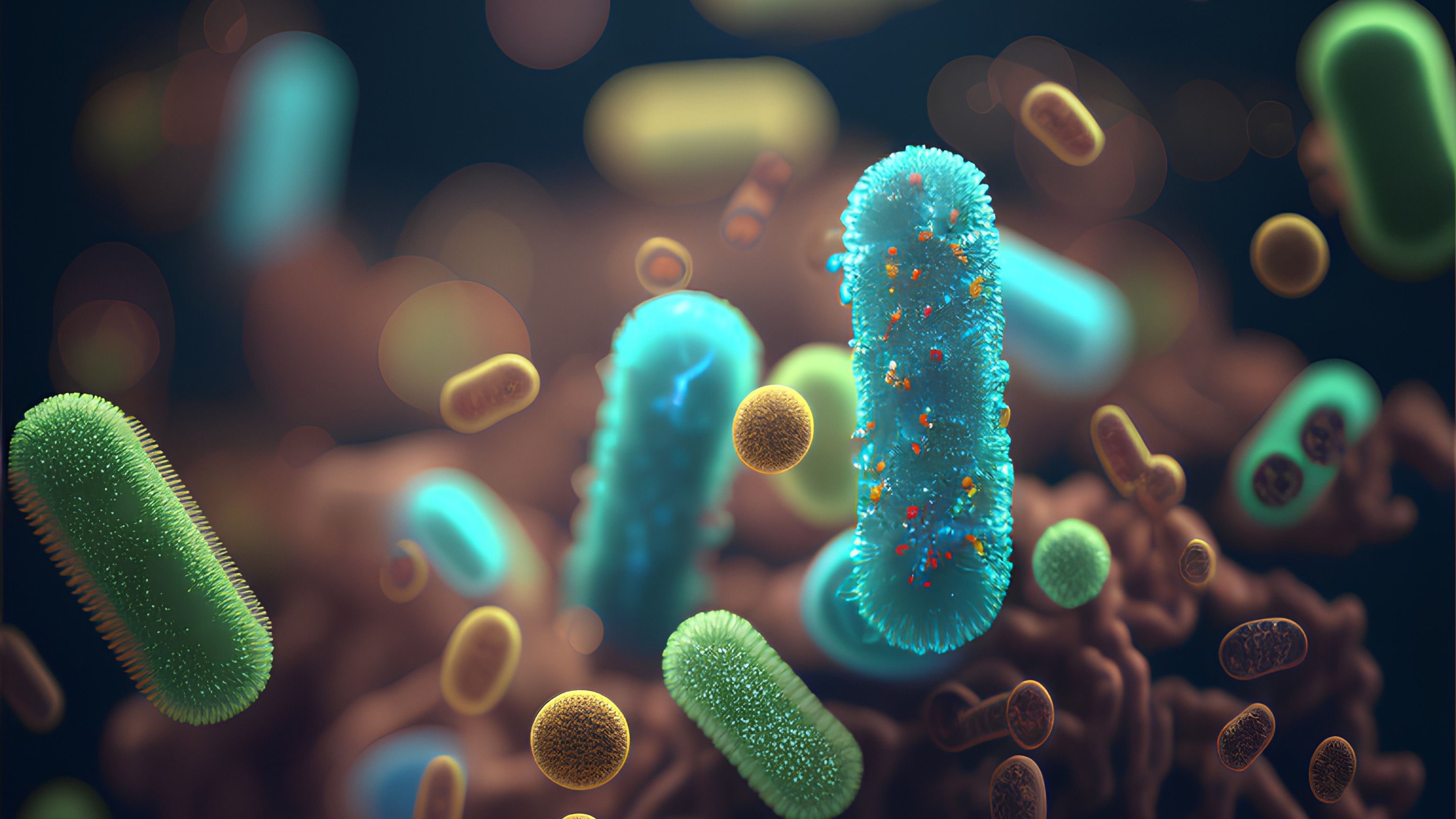Gut Health and the Microbiome; Bacteroides vs. Firmicutes and Butyrate Production
Oct 20, 2023
Gut Health and the Microbiome
Bacteroides vs. Firmicutes and Butyrate Production
If you've ever researched into the fascinating world of gut microbiota, you've probably come across the terms Bacteroides and Firmicutes. These are two of the major phyla of bacteria residing in our digestive system, and they play a pivotal role in our overall gut health.
Here are the differences between Bacteroides and Firmicutes and how they relate to the production of a superstar compound known as butyrate.
The Gut Microbiota: A Dynamic Ecosystem
Before we get into the nitty-gritty of these phyla, let's take a moment to appreciate the complexity of the gut microbiota. Our intestines are home to trillions of microorganisms, collectively known as the gut microbiota, which help in digestion, absorption of nutrients, and maintaining a balanced immune system.
Meet 2 of the Major Players: Bacteroides and Firmicutes
Two of the most abundant and influential groups in this microbial orchestra are Bacteroides and Firmicutes.
Bacteroides: These bacteria are known for their diversity and versatility in breaking down complex carbohydrates and dietary fibers. They are typically dominant in individuals with diets high in animal-based foods.
Firmicutes: On the other hand, Firmicutes excel at breaking down simple sugars. They thrive in those who consume a diet rich in sugar and fat. In fact, an increase in Firmicutes has been associated with obesity in some studies.
Butyrate: The Gut's Secret Weapon
Now, let's talk about butyrate - the unsung hero of gut health. Butyrate is a short-chain fatty acid produced during the fermentation of dietary fiber in the colon. It's a critical component of maintaining the health of your gut lining, as it provides energy for the cells that line your colon and plays a role in reducing inflammation.
The Connection: Bacteroides, Firmicutes, and Butyrate Production
So, how do Bacteroides and Firmicutes tie into butyrate production? The answer lies in their distinct dietary preferences.
Bacteroides: As champions of complex carbohydrates and fiber, Bacteroides bacteria break down these compounds into products that can be further fermented into butyrate. In essence, they're essential for initiating the butyrate production process.
Firmicutes: Firmicutes have a knack for fermenting simple sugars and turning them into other fatty acids. The majority of Firmicutes are butyrate-producing bacteria. This makes them bigger contributors to the butyrate pool in your gut.
Balancing Act: The Key to Gut Health
To maintain a healthy gut, it's not about choosing between Bacteroides and Firmicutes; it's about finding a balance. A diverse and balanced microbiome is essential for overall gut health.
Here are a few tips to help you achieve that balance:
- Diet Matters: Consume a variety of dietary fibers from fruits, vegetables, and whole grains to feed both Bacteroides and Firmicutes.
- Probiotics: Consider including probiotic-rich foods like yogurt and kefir to support a diverse microbiome. If you have SIBO you need to be more cautious with probiotics as they can exacerbate your condition. Well chosen and specific strains of probiotics can be helpful after treatment to support the microbiome!
- Prebiotics: Prebiotics are foods that promote the growth of beneficial bacteria.
- Reduce Sugar and Processed Foods: Excessive sugar and processed foods can encourage the growth of Firmicutes. Reducing their intake may help maintain a healthy balance.
Understanding the roles of Bacteroides and Firmicutes in the gut and their impact on butyrate production can provide valuable insights into your digestive health. Striving for a diverse and balanced gut microbiome through a varied diet and healthy lifestyle choices is key to promoting overall well-being.

